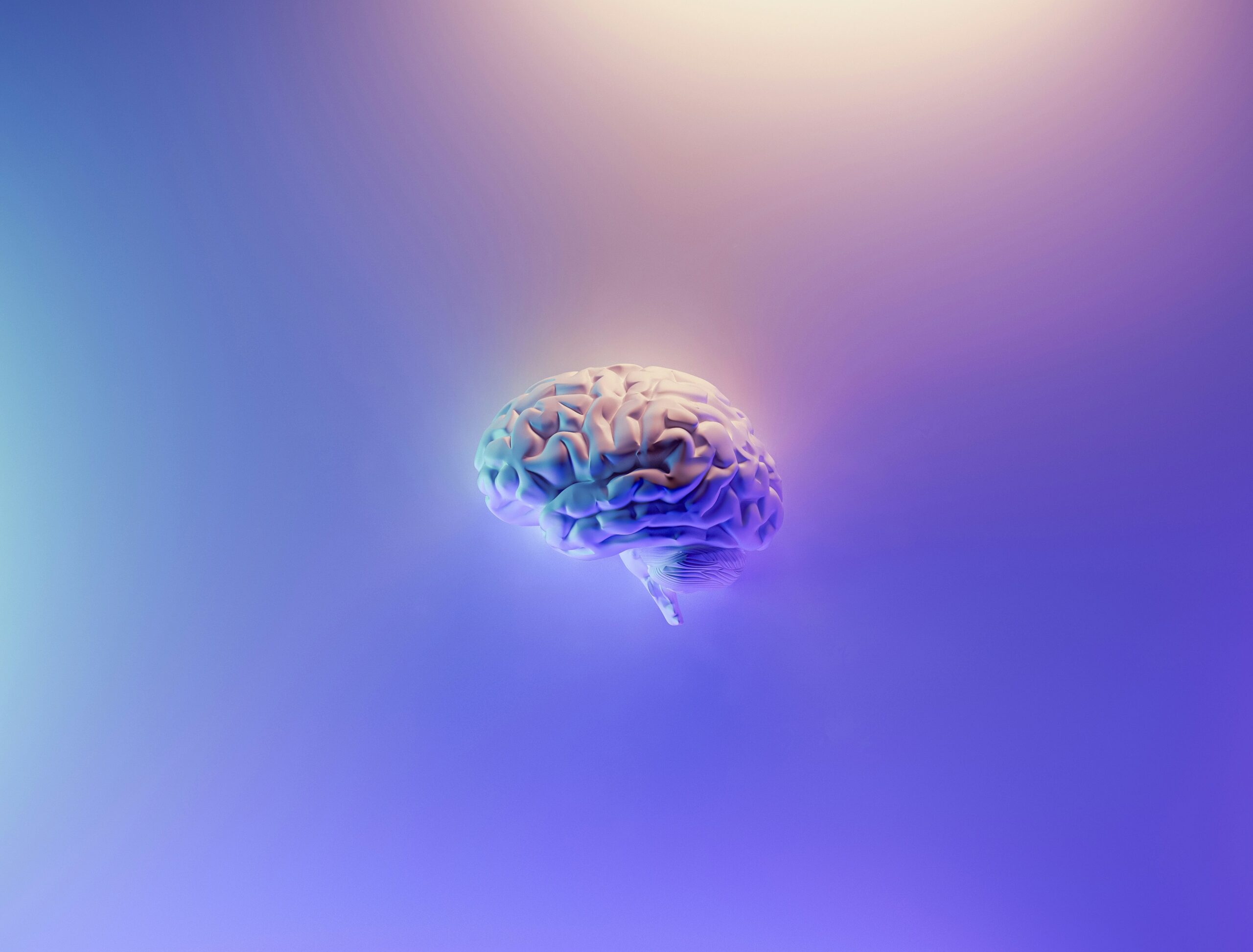Huntington disease (HD) is an inherited neurodegenerative disorder characterised by cognitive, motor, and psychiatric disturbances. The key hallmark of this condition is the production of an altered form of the huntingtin protein, which leads to neuronal toxicity and damage.
HD causes enormous suffering to affected families due to the progressive and devastating nature of this condition, which ultimately results in disability and death. There are currently no approved disease-modifying therapies for HD, with available treatments being merely symptomatic and the evidence supporting their efficacy being relatively limited.
On the brighter side, there are several clinical trials currently exploring the role of innovative DNA and RNA therapies at reducing the production of the toxic huntingtin protein, with the hope that this may put a brake on disease progression and allow patients with HD to live longer and better lives.











